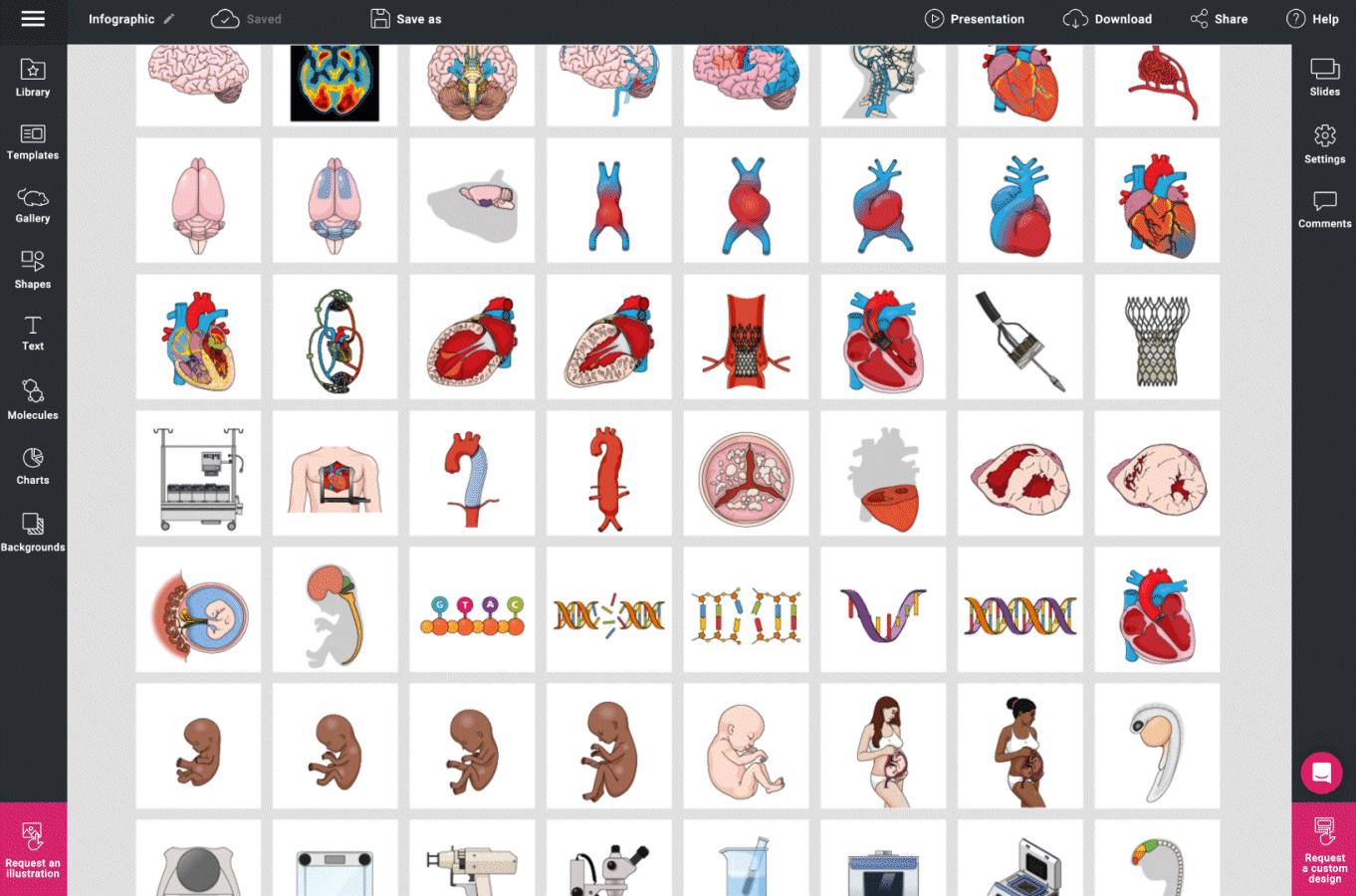The term ‘doctor’ was likely derived from Latin roots that translate roughly into English words like ‘teacher’, ‘instructor,’ or even simply “person with knowledge”. Historically, these titles were initially reserved solely for professors at universities but later began being awarded through various medical institutions across Europe including physician guild organizations like The College Of Physicians And Surgeons (CPS).
In recent years, medical graduates received an MD which denoted Medical Doctor, or MBBS (Bachelor of Medicine and Bachelor of Surgery), which would entitle them to add the prefix “Dr” to their names. In addition, those earning a Ph.D. (Doctor of Philosophy) received a similar acknowledgement known today by earning a Doctorate Degree after completing their studies under tight supervision and ultimately passing examinations upon fulfilment of requirements of academic institutions.
Today, there appears to be increasing confusion about what constitutes each level of doctorate – particularly since some countries are now allowing non-medical professionals access to fine-tune skills within specialized areas to practice. Let us clear the air about them and learn about your future Doctor title and how to use it effectively.
What Is A Doctor’s Title?
When you hear the term ‘doctor’, typically one of two things comes to mind: either a medical doctor or their academic counterpart—someone with a doctorate. While they both share the same title, there are several important distinctions between these two professionals and it is helpful to understand them to make informed decisions about education and career paths.
A doctor’s title is a professional degree given to people who have achieved advanced levels of knowledge and experience in their particular field. This type of diploma has been around for centuries, first appearing during the 1500s as part of university education programs. In more recent times, it stands as one distinct academic qualification amongst other higher education credentials such as bachelor’s or master’s degrees.
A doctor title is an academic honorific used to signify that an individual has earned the highest level of education in their field. In many countries, including the United States and Canada, earning a doctoral degree or Ph.D., entitles someone with this prestigious honor as they have demonstrated intellectual proficiency by completing advanced coursework and rigorous examinations while conducting original research work within their chosen discipline.
It is also given for other specialized medical-related programs such as Dentistry (DDS) Medicine (MD), Optometry(OD), and Veterinary Medicine (Vet MD/ Doctorate Of Veterinary Medicine).
A Medical Doctor (MD) differs from an academic doctorate. A medical doctor earns the degree and a lawful license to practice medicine after graduating from a medical school Whereas, an academic doctorate doesn’t earn you credentials to practice medicine. Well, in both cases a person gets to add “Dr” as a prefix to their name to show the achievement to the society. It is very important to reach out to the right kind of doctor for medical emergencies and in case of research guidance.
In several countries, there are also discrepancies in terms of which medical practitioners should be called “Doctors”. The discussions suggest that only physicians should be called doctors and other medical professionals like surgeons, dentists, and chiropodists should not be called doctors. Leading to more than one kind of classification, it is important to make sure you are well aware of your individual country’s norms and abide by the same.
Related article: Academic Career – Make a Living Out of Learning
Overview Of Different Doctoral Degrees In Medicine And Their Abbreviations
In the field of medicine, there are many different doctorate programs available. Each one has its specific area of focus and is typically abbreviated with three or four letters. For example, Doctor of Medicine (MD) and Doctor of Osteopathic Medicine (DO) are two common medical doctoral degrees that have their areas of specialization. Additionally, there are several speciality certifications and designations offered within both these disciplines. To keep up with all the various acronyms related to each doctorate program, here is an overview:
MD – Medical Doctor
DO – Doctor Of Osteopathic Medicine
MSM – Master Of Science In Management
PhD – Doctoral Degree in Philosophy
EdD – Educational psychologist’s degree
CME – Continuing Medical Education Certificate
FACS – Fellow American College Surgeon
FACP – Fellow American College Physician
DNM – Diplomat Naturopathic Medical Board
And of course, there can be many more in your country too! Write to us and let us learn something new about you too!
What Is The Difference Between A PhD Degree And An MD Degree?
The difference between a Medical Doctor title and a Ph.D. Degree holders lie primarily in skillset – Medical Doctors are skilled healthcare professionals trained extensively over several years within the field while those with a PhD have acquired specialized expertise within areas related directly to academic research; although there can be some overlap depending upon the aforementioned area chosen for study during post-graduate work. Against The well-established Medical Degree, the importance of holding a Doctorate Degree cannot be overstated. It signifies not only one’s aptitude on how much knowledge about his area he gained but also suggests dedication towards expanding upon existing theories through active experimentation & observations. It recognizes a life-long commitment to learning which allows him/her to solve long-standing issues across disciplines like Science, Technology, Mathematics, etc thereby contributing new products & services benefiting society at large. Such recognition makes them eligible for various higher positions in educational institutions, research facilities as well government agencies which further advance the progress of the science & technology sector globally.
As opposed to MD certification requiring state board licensing and ongoing renewal requirements; the Ph.D. holder can receive recognition through publishing research papers, attending conferences related to one speciality area, etc.. Moreover, a career path typically involves academic teaching positions after graduating with a doctoral degree.
Also read: Master’s vs PhD: Which Degree Is The Right One for You?
Medical Doctors
A medical doctor is a person who has completed both theoretical and practical medical training to qualify for the awarding of one or more degrees in medicine, such as MD (Doctor of Medicine), DO (Doctor of Osteopathic Medicine), etc., by any authorized university/institution permitted by law. A medical Doctor (MD) is an educational program that includes four years of undergraduate study followed by 4-5 years of postgraduate programs in medicine which leads them to pursue careers like family physicians, surgeons, or any other speciality field within healthcare. This type of doctor will require special accreditation from various state/medical boards to practice their profession as well as continuing education credits every few years throughout their career to maintain licensure status.
For practicing medicine; specialist physicians require further approval issued by regulatory authorities since they possess certain privileges within the healthcare system such as Divisions in Hospital settings that involve managing life-threatening situations. Following successful examinations given out by professional organizations & licensing institutions will award MD certification.
Requirements To Become A Medical Doctor
Becoming a medical doctor requires at least 11 years of dedicated study before one can practice medicine. It starts with eight years of formal education, followed by three or more additional years of residency training to gain experience and refine skills for the chosen speciality. Achieving this level of expertise is daunting, but it’s also rewarding for those who follow through on the commitment required to become a physician.
To start your journey toward becoming a medical doctor you must first obtain an accredited Doctoral degree from an approved university program such as Medicine, Dental Surgery, Veterinary Science, etc. This involves completing four-year courses that include laboratory work, core modules, electives, and extra-curricular activities related to developing communication skills, critical thinking abilities, and interpersonal relationships, all important qualities expected from doctors. The process typically ends after graduation with students receiving their title ‘Doctor’ (e.g. MSC/MD).
After graduating from MedSchool, they must first complete at least three years of residency under close supervision before taking board exams for licensure as physicians. This process equips them with knowledge on how to diagnose illnesses, treat patients using surgery (if necessary), and prescribe medication if needed. They work primarily in direct patient care roles such as pediatricians, family practice doctors, emergency room workers, etc.
Obtaining An Academic Doctorate
On the other hand, those who pursue Doctoral degrees do so through researching topics that have already been studied extensively within particular fields like science or engineering but also business administration management, etc. It involves many hours studying literature related to those specific studies attending lectures learning theories and tools used in research. The later part of the course includes designing experiments, gathering data, analyzing results, collecting evidence, developing conclusions, and conducting experiments.
The journey of the researcher ends with writing a dissertation and getting approval from the committee. The students are required to write research papers and defend papers up until they get accepted. Earning candidates receive the coveted title PhD holder often referred to as scholarship in academia.
Also read: Conquer the PhD Struggles: A Practical Guide
Mind the Graph At Your Service, Future Doctor!
Whichever career path you are opting for, Mind the Graph is here to help you. With a treasure of scientific and medical illustrations, make your dissertation election of your personality. Mind the Graph also provides services for graphical abstract design tailor-made for your needs! Don’t hesitate to reach out to us for a specialized illustration too.

Subscribe to our newsletter
Exclusive high quality content about effective visual
communication in science.








